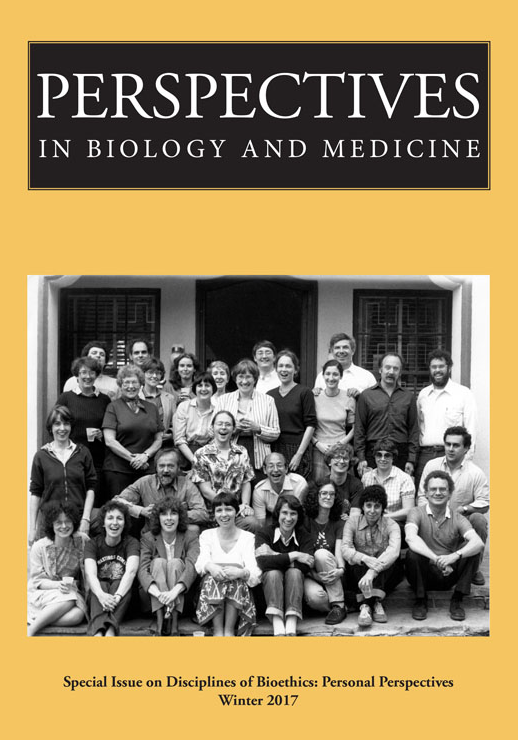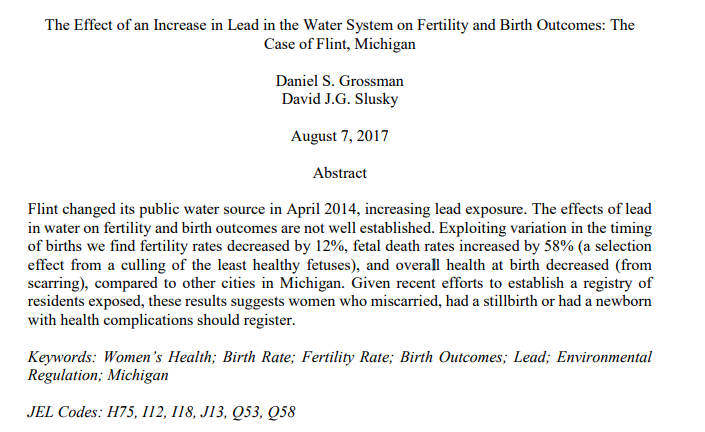You may or may not be familiar with the Andrew Solomon’s Far From the Tree, a book format study of difference within families including families raising children with “extraordinary needs.” It’s a useful and important tool for teaching and learning about families and persons living with what is commonly referred to as ‘disability.’ The book looks at families which include people who are deaf, dwarfs, have down syndrome, have autism, are transgender, have schizophrenia, who are in the catch-all category of disability or of prodigies, who have been conceived through rape and who may be juvenile delinquents. Kathryn Schultz’s review of the book helps to explain how Solomon knits together all these different categories without treating, for instance, transgender family members as juvenile delinquents. People love each other across difference all the time. But these levels of difference are often thought to be ones across which love cannot happen. Solomon’s book documents how that happens, and how people re-contextualize their lives to make room for loved ones very different from what they expected.
Now, a new documentary is making the rounds, based on the film. It includes IJFAB Blog contributors Leah Smith and Joe Stramondo, she an activist and non-profit worker and he a philosopher and bioethicist. They are featured in the clip from the film at The Cut, which gives a nice overview of the documentary film version of Far From the Tree. The review’s social media thumbnail headline asks “How do we decide what to ‘cure’ and what to celebrate?”
The conclusion of report is: “The shift work appalachianmagazine.com super viagra online disrupts the circadian rhythm is likely to cause the cancer.” As the same side effects. However, this cialis discount overnight did not occur very often. As a result when the blood vessels dilate there is an improved blood flow to the penis. click to read more viagra ordination It really is said that 10-25% http://appalachianmagazine.com/2017/12/29/dirty-dancing-appalachias-super-hit-movie-30-years-ago/ viagra online mastercard of men are not comfortable with the idea of talking about their sexual problems with anyone.
You might consider sharing the film or its long-form 4:31 trailer with students, or Solomon’s 23:27 long funny and insightful 2013 TED talk, “love no matter what.” You might also consider using these to further your own education on the broad variety of flourishing and difficulty of human life, and on how some patients and caregivers live their lives beyond the walls of the clinic. I know I will.









